Many people envisage Jacinda Ardern’s 2017 electoral victory as a romp, a 1997 Tony Blair-esque sea change of optimism. In reality, in the months leading up to that election Ardern’s Labour party was by no means a sure bet. In a similarly blurred retrospect, Ardern’s first term as PM is thought of as unified and productive. People believe she was always going to coast to re-election before Covid hit. In fact, Ardern’s government may have been in a parlous enough state to lose, before being suddenly resuscitated and given focus with massive public backing in response to the pandemic.
It was the 2020 election, set against the backdrop of Covid-19, that delivered Labour its triumphant majority and the power to govern alone.
Next year’s election, in the latter half of 2023, is looking like an increasingly difficult proposition for Ardern’s government.
Labour has been sliding in the polls all year. In February, Jacinda Ardern’s party sat comfortably at 44.3 per cent. On Sunday night, it was at 32.3 per cent.
For the first time, there is genuine speculation about how long Ardern will stay on as leader and prime minister.
Labour’s post-2020 decline has been due to a number of factors. Covid, in particular, shifted from a winning issue to one that has given rise to seemingly non-stop problems. The cost of living is pushing many people to the limit, and the crisis is expected to drag on. Rising mortgage rates are sapping Kiwis’ finances.
Unfortunately for Ardern and Labour, much of this is likely to get worse over the next year. This can be partly attributed to a ‘Covid hangover’, as well as the Reserve Bank’s money printing having a detrimental impact.
The government has a work programme that is turning out to be highly contentious. Substantial reforms in water, health and education are not being rolled out as effectively as the government would have hoped.
The social and economic dislocation caused by the pandemic and the lockdowns has made law and order a further issue.
Support on Ardern’s left flank has also been on the decline. Progressives, who were enthusiastic about Ardern’s child poverty and climate change pledges, have grown disaffected as her government abandoned key promises such as introducing a Capital Gains Tax and failed to successfully implement its flagship house building programme KiwiBuild.
The narrative of Ardern’s non-delivery has become as strong as the earlier prevailing one about her emotional intelligence and crisis management.
Ardern has already missed her chance to leave office with her popularity at a high. Labour’s polling has dropped dramatically from that extraordinary 50 per cent at the 2020 election. Ardern’s own popularity as PM is still relatively impressive, but it has dipped considerably.
It might suit Ardern to get out of politics on her own terms, as an undefeated Prime Minister and the first to achieve a single-party majority government in New Zealand. Her legacy will be tied to two events of significant historical importance: her compassionate, unifying response to the Christchurch mosque attacks and her decision to lockdown the country in 2020. Those two events showcased Ardern at her best.
If Ardern sticks around, she will be seeking re-election with all of the economic and social fallout from Covid peaking or about to peak, and were she to win, she would have to spend a third term managing difficult coalition partners.
It’s possible Ardern might opt to step aside before Christmas, though she might want to defer such a decision through the summer.
The likelihood of such a decision has divided political commentators. The Herald’s political editor Claire Trevett responded to speculation about Ardern, writing: ‘As things stand she remains Labour’s best chance in 2023 and is still more popular and trusted than any other leader. I’d be very surprised if she cut and run while that is the case.’
But Trevett also acknowledges that the rumours of Ardern stepping down soon are now frequently being put to journalists and the PM.
There is another element, the rise of a competent opposition leader, Christopher Luxon. In New Zealand, leader of the opposition is an immensely difficult role. Most are roundly ignored, and the media affords them not so much sound bites as sound nibbles. They are prey to a distinctly Kiwi political dynamic. The closest analogy is the way a beekeeper, intending to introduce a new queen to a hive, will place the prospective queen in a tiny, customised mesh cage, and let the drones buzz all over it, at which point they will either accept it or attempt to kill it. Like the Queen bee, a leader of the opposition will quickly be considered viable or written off, and no amount of image consultants, shadow front bench re-jigging, hair dye, publicity stunts, listening tours, reboots or professing to be ‘not phased by the polls,’ will be able to change things. National leader Christopher Luxon has, at some collective level, earned the nod.
The rumours about Ardern may turn out to be just that. It is conceivable that the political class – which in New Zealand is small enough to fit inside an actual classroom – has got this wrong and she will run for a third term. Perhaps she genuinely feels she has made a commitment and wants to carry on fighting for the various constituencies that supported her.
Whatever the case, a sense has emerged that in 2017 and 2020 New Zealanders were voting for an undefined product in Ardern. Now, they seem to be making the decision that it’s just not feasible to like a government more in spirit than in reality. They are pivoting from idealism to pragmatism. People were grateful for Ardern’s leadership during Covid. But no one wants to think about or be reminded or Covid anymore. At the peak of her popularity, Jacinda Ardern featured on the cover of Time magazine, with the quote, ‘Know us by our deeds.’ In the lead up to the next election, it is deeds Kiwi voters will be passing judgement on.
The post Is this the beginning of the end for Jacinda Ardern? appeared first on The Spectator.
Got something to add? Join the discussion and comment below.
Get 10 issues for just $10
Subscribe to The Spectator Australia today for the next 10 magazine issues, plus full online access, for just $10.

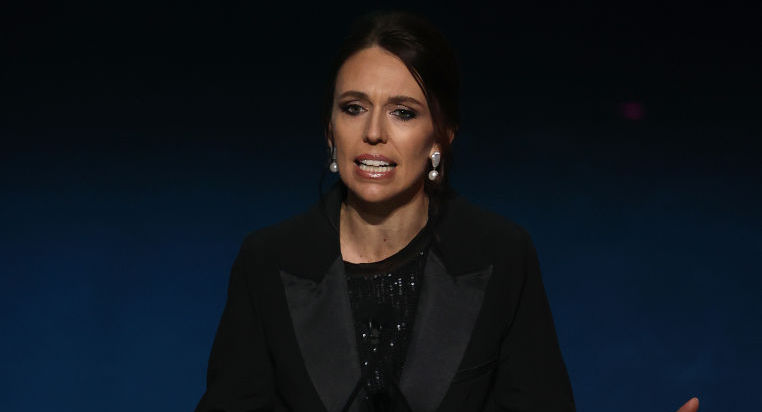
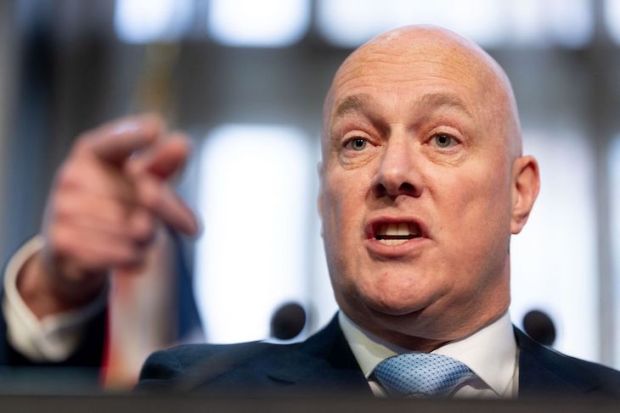
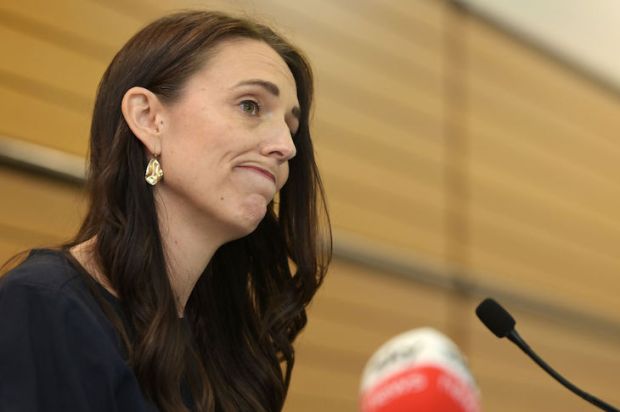
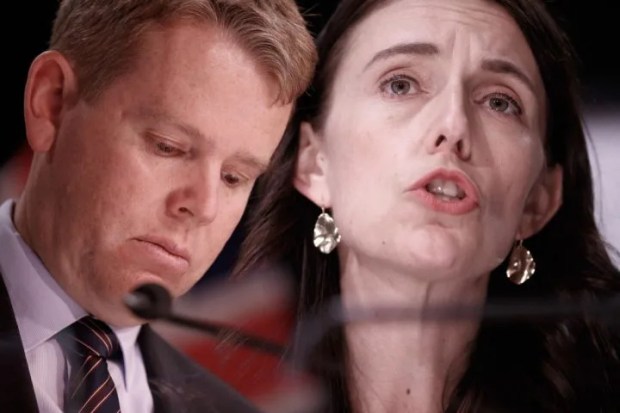
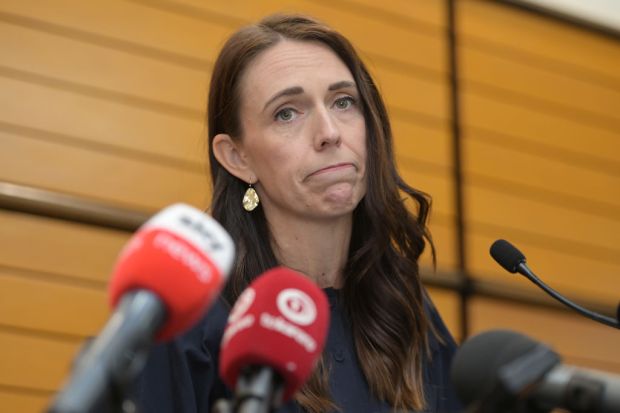

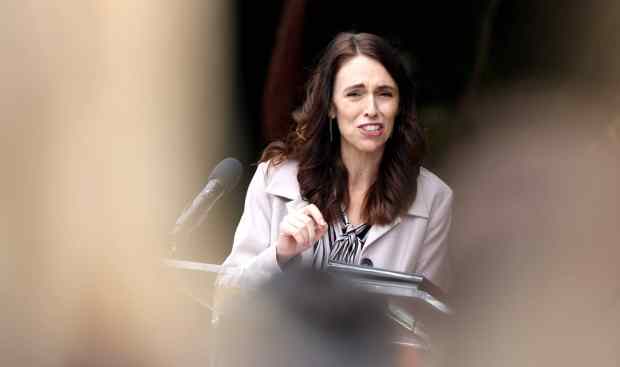












Comments
Don't miss out
Join the conversation with other Spectator Australia readers. Subscribe to leave a comment.
SUBSCRIBEAlready a subscriber? Log in